 Mediation, Negotiation & Dialogue
Mediation, Negotiation & Dialogue
At the core of the U.S. Institute of Peace’s work are mediation, negotiation and dialogue—each a means of moving parties in conflict toward a mutually acceptable outcome. Dialogues in areas affected by conflict are ways of bridging divides and bringing communities together to heal divisions. Negotiation is a fundamental skill that is at the heart of most of USIP’s conflict resolution training. The Institute provides education and training on mediation, negotiation and dialogue for a range of stakeholders including civil society organizations, youth and others key actors in conflict settings.
Featured Publications
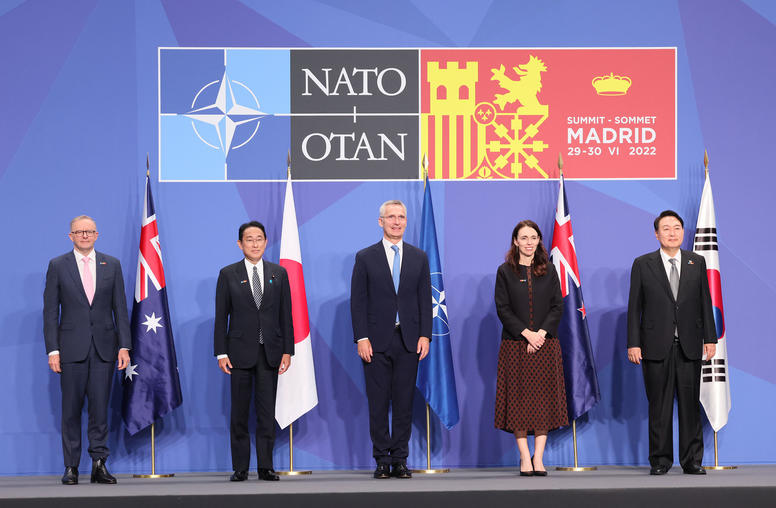
Report of the Expert Study Group on NATO and Indo-Pacific Partners
The North Atlantic Treaty Organization (NATO) and its four partner countries in the Indo-Pacific—Australia, Japan, the Republic of Korea (ROK), and New Zealand—have entered a period of increased engagement. This engagement is taking shape in the context of the war waged by the Russian Federation (Russia) against Ukraine, NATO’s growing awareness of the security challenges posed by the People’s Republic of China (China), and important structural changes in the international system, including the return of strategic competition between the United States and China and Russia. It is occurring not only in bilateral NATO-partner relations but also between NATO and these Indo-Pacific countries as a group.
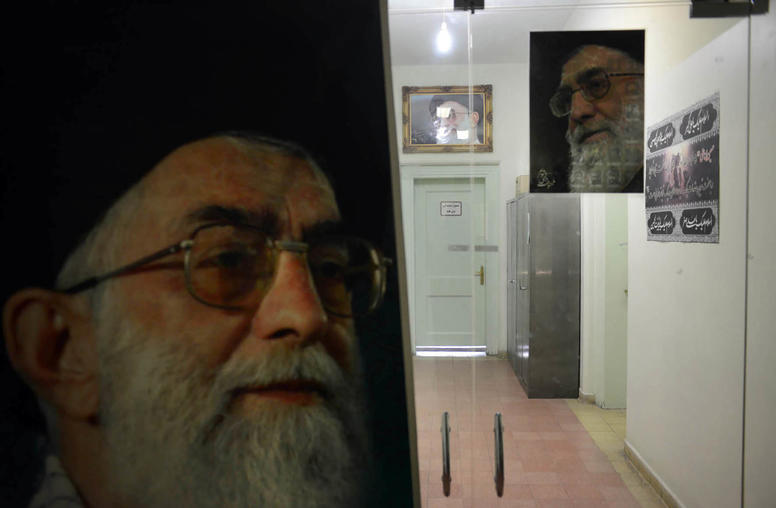
Why Now? The Tortured History of Iran’s Hostage Seizures
In January 1981, I stood at the foot of the Air Algerie flight that flew 52 American diplomats to freedom after 444 days as hostages in Iran. Some of them were my friends. I still remember their gaunt appearances after being caged and cut off from the world for so long as they quietly disembarked. That original hostage crisis was a turning point in U.S. history in the 20th century — and has shaped angry American views of the Islamic republic ever since.
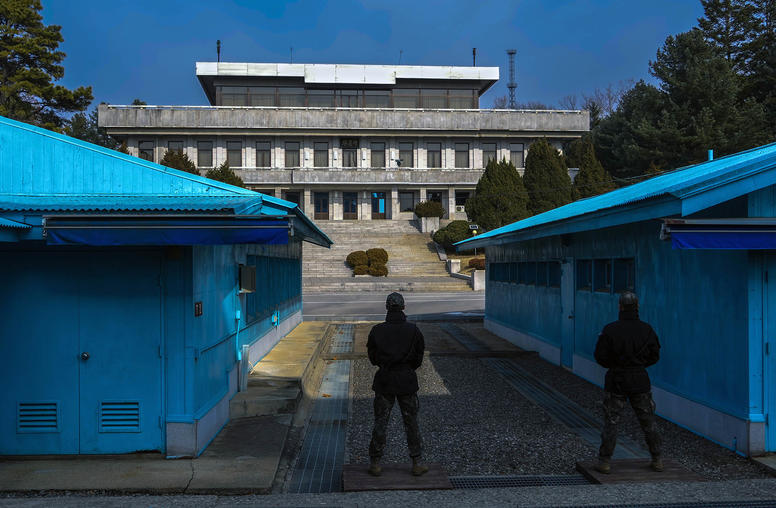
70 Years After the Armistice, the Korean Peninsula Still Struggles for Peace
On July 27, 1953, military commanders from the United States, North Korea and China signed an armistice agreement that ended the hostilities of the Korean War. The parties agreed to a “complete cessation of hostilities and of all acts of armed force until a final peaceful settlement is achieved.” They also recommended holding a “political conference” within three months for “the peaceful settlement of the Korean question.” After 70 years of truce, however, peace on the Korean Peninsula is still elusive.
Current Projects
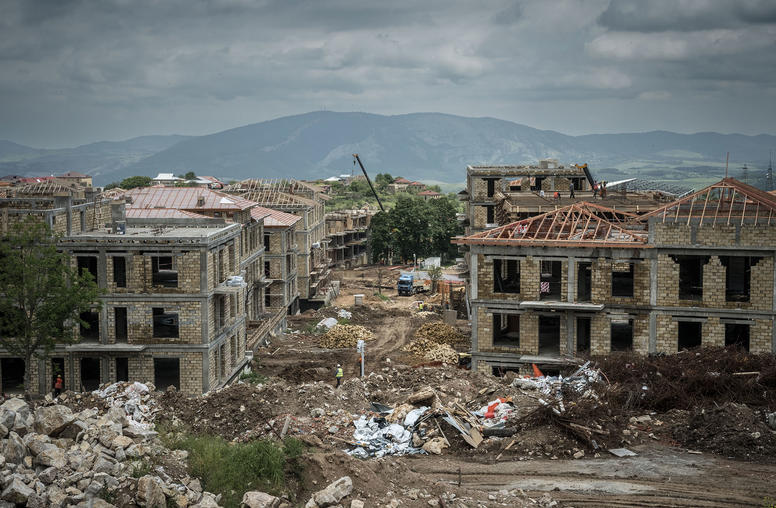
Peacemaking in a Turbulent World: Lessons from Intrastate and Interstate Conflicts
Peacemaking in a Turbulent World answers the following central question: What lessons for effective management of intrastate conflicts emerged from the post-Cold War period that are relevant for managing contemporary conflicts which include intrastate, internationalized (featuring direct engagement by outside powers), and interstate conflicts?
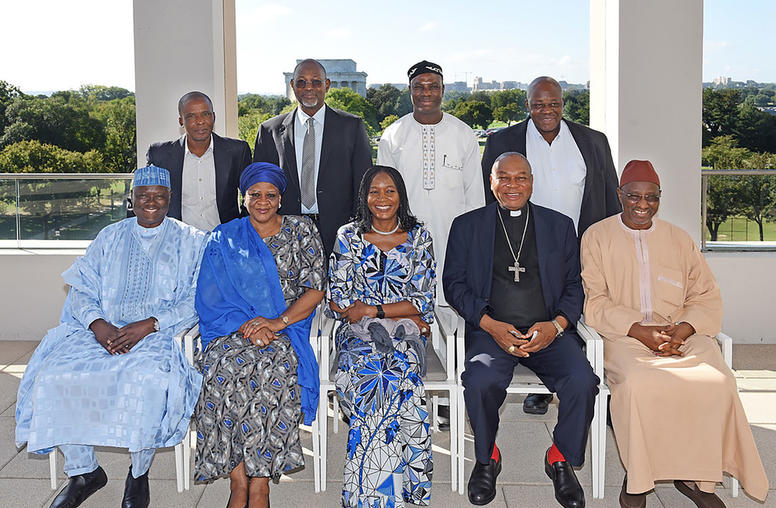
Nigeria Working Group on Peacebuilding and Governance
The Nigeria Working Group on Peacebuilding and Governance is a joint initiative between USIP and senior leaders from Nigerian civil society to promote good governance practices that strengthen the foundations of peace and security for all Nigerians. Using a cohesive, strategic approach to engage in and advocate for peace and security, the working group fosters relationships between citizens and governors, ensuring that citizens' voices impact crucial decisions.

NATO and Indo-Pacific Partners: Understanding Views and Interests
To increase understanding of these changes and their impacts, USIP convened an expert study group consisting of experts from NATO countries and from NATO’s formal partner countries in the Indo-Pacific: Australia, Japan, South Korea and New Zealand, which are informally known as the Indo-Pacific Four (or IP4).